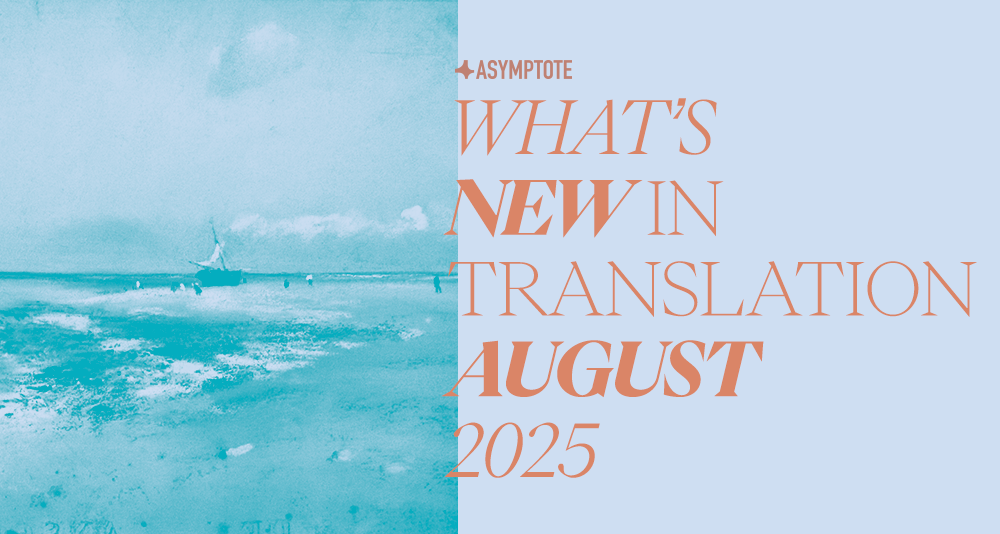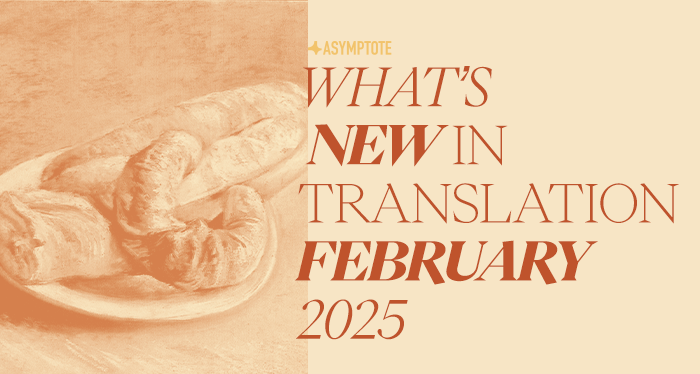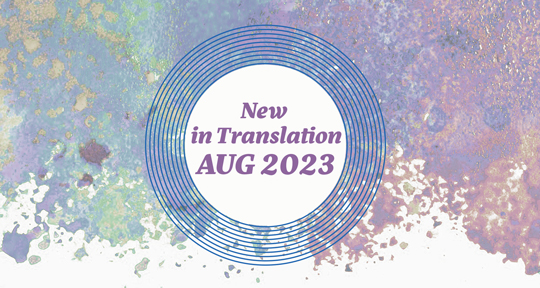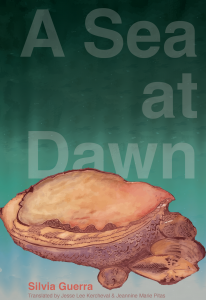This month’s round-up of newly released titles spans twelve titles across twelve countries. We’ve got a profound and lucid collection compiled of diaries from the genocide in Gaza; a readdressing of womanly sacrifice in the domestic realm; an Argentinian novel reinventing the history of Italy’s famed “Park of the Monsters”; the long-awaited esoteric and experimental tome from German writer Michael Lentz; essays and textual riches from the father of surrealism; and much, much more. . .
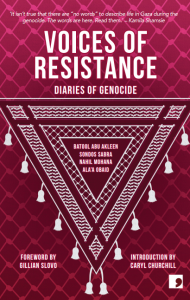
Voices of Resistance: Diaries of Genocide by Nahil Mohana, Sondos Sabra, Ala’a Obaid, and Batool Abu Akleen, translated from the Arabic by Basma Ghalayini and Ayah Najadat, Comma Press, 2025
Review by Justin Goodman
Similar to the intimate testimonies of Atef Abu Said’s Don’t Look Left and Plestia Alaqad’s The Eyes of Gaza, Voices of Resistance compiles the diaries of four Gazan women, tracing their thoughts as they mourn their martyred, fear their decimation, celebrate the Palestinian people, and sacrifice meals for the sake of birthday pastries. Together, Batool Abu Akleen, Sondos Sabra, Nahil Mohana, and Ala’a Obaid highlight what Gillian Slovo describes in her introduction as both a beauty “in [their] honesty and spirit” and a horror as they gain “a whole new vocabulary for describing the sounds of different bombs.” This latter is compiled by Mohana in a list running half a page long, as she distinguishes the subtleties between “Bouf” (aerial bombing) and “Dddof” (artillery shelling). Most importantly, however, she adds: “. . . we have begun to lose our hearing.”

